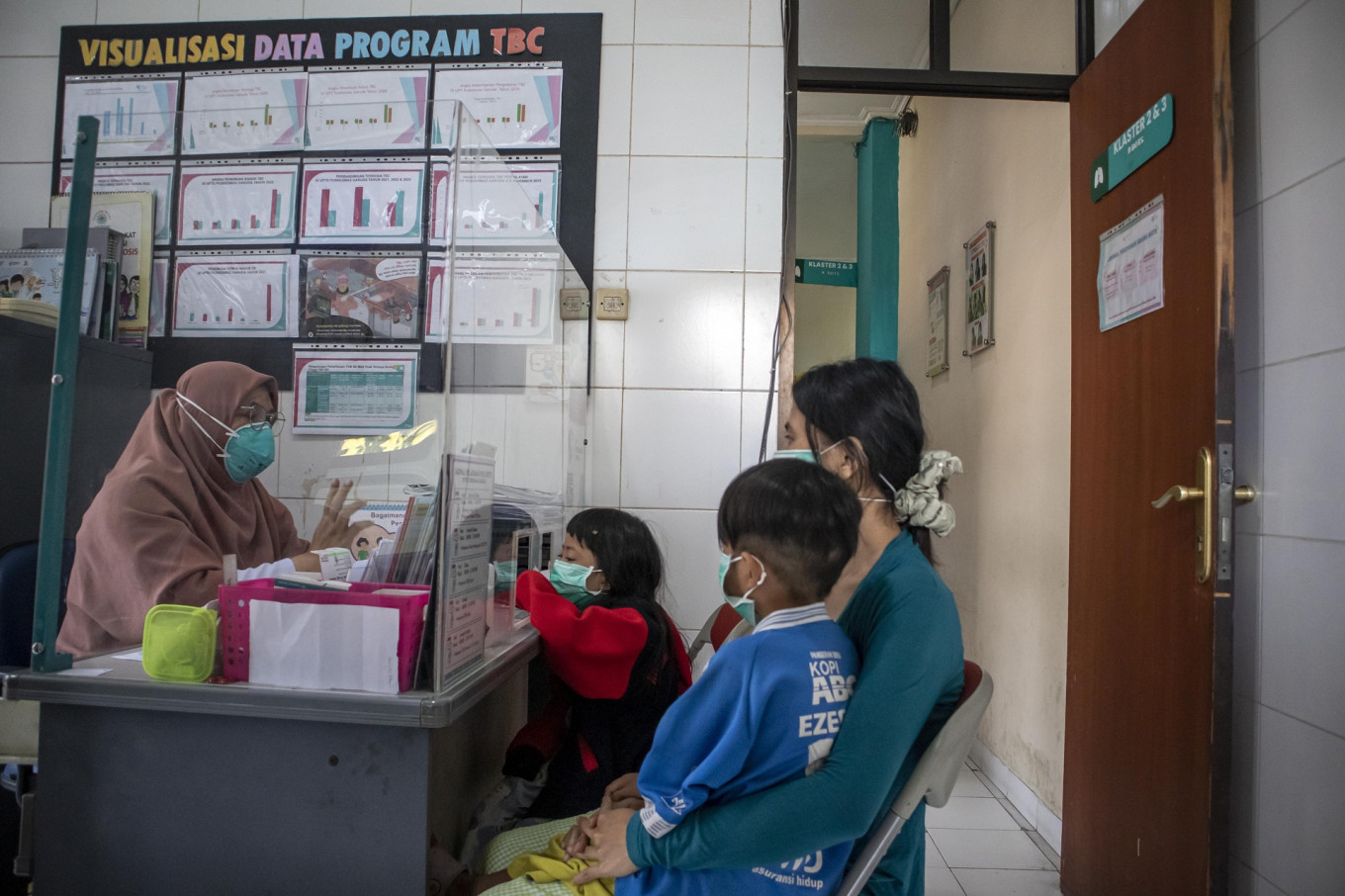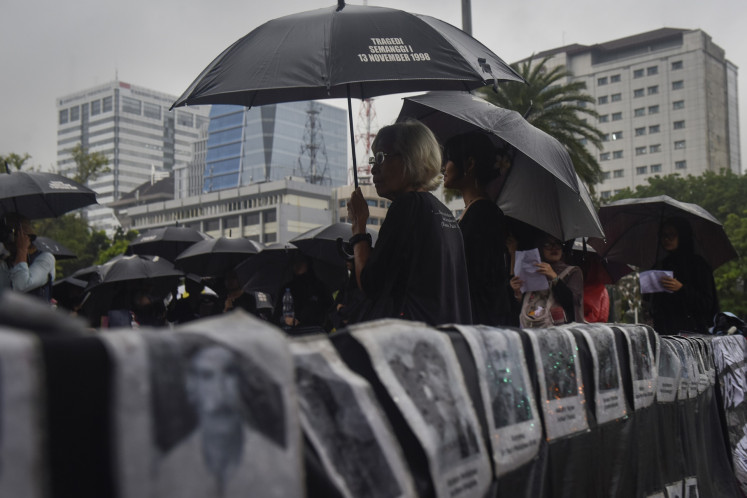Popular Reads
Top Results
Can't find what you're looking for?
View all search resultsPopular Reads
Top Results
Can't find what you're looking for?
View all search resultsMultilateralism must work in practice
At 80, the UN stands at a crossroads as a stalwart of multilateralism, and the way forward is to show that this works through cooperation, prioritization and action that is inclusive and respectful of the needs of developing countries, especially for localized solutions.
Change text size
Gift Premium Articles
to Anyone
A
s the United Nations marks its 80th year, it stands at a crossroads. War, climate change, inequality, hunger and global health threats still dominate headlines, as well as lives. The lesson is simple: Multilateralism must work, not just in principle but in practice. And to make it work, we must rethink how we cooperate, how we prioritize and how we act.
Take tuberculosis (TB). Many assume it belongs to the past. The numbers say otherwise: In 2023 alone, over 10.8 million people developed TB and 1.25 million died. Those are not just statistics: They are lives, families and futures.
Crucially, we see two worlds. In most advanced economies, TB has been all but eliminated as a public health threat. Meanwhile many developing countries, where poverty, crowded housing, under-resourced health systems and stigma allow TB to persist, continue to shoulder the heaviest burden.
Indonesia knows this challenge firsthand. We carry the world’s second-highest caseload of TB. Yet we are not standing still. The government is intensifying our national effort by expanding early detection and molecular diagnostics, strengthening primary care and social support, and by integrating TB services within universal health coverage. We are resolute: TB must end.
We should also recognize partners that have stayed the course. The Bill & Melinda Gates Foundation deserves appreciation for its sustained investments in TB research and development, faster diagnostics and community-based programs. Its support saves lives and accelerates innovation.
But philanthropy cannot replace public finance. We need predictable, scaled-up funding from governments and multilateral banks to meet global targets.
The 2023 Political Declaration on TB set ambitious goals for 2028. Without political will, financing and urgent cooperation, those goals risk remaining words on paper. Communicable diseases like TB are not just health issues; they are development risks that can roll back hard-won gains.
This is bigger than TB. It is about how the world responds to complex, interconnected challenges. The Pact for the Future (September 2024) offers a chance to rebuild trust in multilateralism. But a pact is only as strong as the action behind it. We need cooperation that is fit for purpose and future-ready.
Here are four ways to get there.
First, put equity foremost. Real change starts with people. No one should be left behind, whether by poverty, weak health systems or digital divides. Inclusive policies are the foundation of resilience. And equitable multilateralism must respect developing countries’ need for policy space to tailor solutions that work.
Second, invest in real solutions. We can, and must, pursue growth and sustainability together. Blue economy strategies are protecting oceans while growing local livelihoods. Digital tools help micro, small and medium enterprises (MSMEs), especially those led by women, reach new markets.
Multilateral institutions should back these efforts with catalytic financing, not just debt. Efforts like the Bridgetown Initiatives and the SDG Stimulus point to ways to fix global finance so it serves development.
Third, work across sectors. Governments cannot do it alone. We need partnerships with civil society, the private sector and communities, sharing not only money but also ideas, data and practical tools. Blended finance can unlock scale. So can South-South cooperation that adapts proven local solutions. Let’s move beyond donor-recipient dynamics toward concreation.
Fourth, act fast, and act together. The clock is ticking. We have just five years to 2030. Delays and disunity are luxuries the world cannot afford. Urgency and solidarity must guide us in putting sustainability and human dignity at the core of every decision.
People are watching. They want less talk and more action, and they are right. The future we all want, where no child dies from a preventable disease, where families have food, schools and clean air, depends on the choices we make now.
It’s time to move beyond promises. It’s time to deliver.
Multilateralism is not a concept. It is a commitment. Let us honor it by working together.
***
The writer is deputy minister of national development planning. This article is adapted from the statement of Indonesia delivered during the General Debate of the High-Level Political Forum on Sustainable Development from July 14 to 23 at the United Nations.











